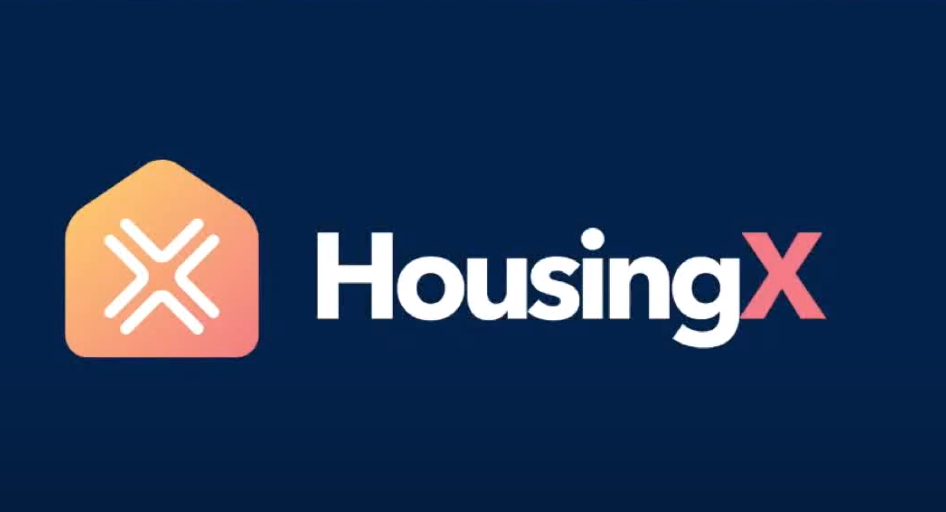Publications, Webinars and Podcasts
Home | Publications | Charlotte, North Carolina’s Affordable Housing Success Story

Charlotte, North Carolina’s Affordable Housing Success Story – xChats October 2019
In 2019, leaders in Charlotte, NC raised $100 million in capital for affordable housing projects. That included $50 million in housing bonds, approved by 69% of voters in Charlotte, and $50 million from private sector sources. This was an incredible achievement, one that organizations in Virginia took serious note of. What lessons can we learn from them to push us towards similar success?
Jeanne Bonds moderates public-private-philanthropic panel on how they created the Charlotte Affordable Housing Initiative.
Sponsored by Virginia Housing, Virginia Community Capital, and Atlantic Bay Mortgage Group.
Prof. Jeanne Milliken Bonds is a Professor of the Practice, Impact Investment, and Sustainable Finance at the Kenan-Flagler Business School at the University of North Carolina in Chapel Hill. Jeanne is a former Leader in Regional Community Development for the Federal Reserve Bank of Richmond. In her previous role, she provided leadership for strategic stakeholder collaboration and community-level solutions, focusing on low- and moderate-income and underserved communities.
Related Articles
Prioritize High-Risk Demographics in Vaccine Rollout
The pandemic is having a compounded effect of communities of color. Already over-represented relative to their shares of the total population in coronavirus infections, hospitalizations, and deaths, people of color also have a higher likelihood of living in over-crowded multi-generational households than are Whites.
Proceed with Caution in Reopening Public Schools
Despite advocacy from governmental officials and parents alike, we urge caution in the reopening of public schools before the coronavirus pandemic is fully under control. We are especially concerned about the premature re-opening of schools in impoverished and flood-prone urban and rural environments.
CORONAVIRUS VACCINE DISTRIBUTION: A Race Blind Approach to a Racially Disparate Problem?
Considerable scholarly analysis and media attention has documented the racially disparate impact of coronavirus infections, hospitalizations, and deaths. Constituting 13 percent of the general population, Blacks reportedly account for 25 percent of those that have tested positive and 39 percent of the COVID-related deaths in the United States.



